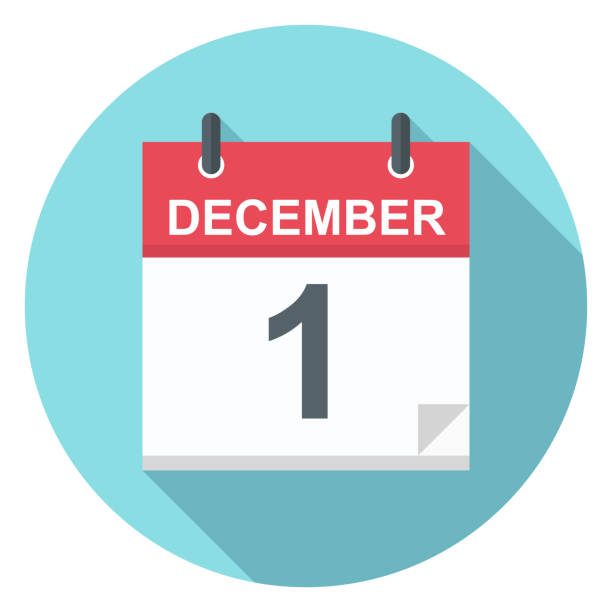In 2009, American prisoner Jonathan Lee Riches sued the Guinness Book of World Records for allegedly attempting to enter him into their book as the most “litigious man” in the world on account of the 5, 500 lawsuits he had filed.
Mr Riches, imprisoned for wire fraud, took exception to this because, according to his own records, he had filed over 4,000 lawsuits, and not the number being claimed. His previous lawsuits had been for all sorts of reasons against all sorts of people including “Adolf Hitler’s National Socialist Party,” the “13 tribes of Israel.” He filed a suit against George Bush and 783 others, a list that ran for 57 pages, and included Plato, Nostradamus, Che Guevara, James Hoffa, “various Buddhist Monks,” all survivors of the Holocaust, the Lincoln Memorial, the Eiffel Tower, the USS Cole, the book Mein Kampf, the Garden of Eden, the Roman Empire, the Appalachian Trail, Plymouth Rock, the Holy Grail, Nordic gods, the dwarf planet Pluto, and the entire Three Mile Island.
But his suit against the Guinness Book of World Record fell dead on its face because, according to its spokesperson, the GBWR never considered naming Mr Riches in their book or that a “most litigious man in the world” category existed or was ever considered.
The court may always throw out his litigations but Mr Riches was always going to sue. Some people are trouble like that.
And so are some months. Especially in Nigeria. December culminates what Nigerians call the “Ember Months,” the period starting from September and that is supposed to usher in the festive period. It is not always a happy season.
Funny things happen in this period that conspire to ruin this period for most Nigerians. Like an outbreak of a highly pathogenic H5N1 bird flu in neighbouring Togo, which has already killed an unfortunate number of guinea fowls in the country.
How is that Nigeria’s problem, you ask? Well, Over the years, Togo has become a major supplier of poultry and eggs to the Lagos area. With insecurity forcing farmers to abandon their farms and poultry, with the devastation an earlier outbreak of the Avian flu had on Nigeria this year, this outbreak in Togo might affect poultry prices in the Lagos area, and might, if it crosses the border, create panic in the chicken-eating season that this is.
Over the years, the tradition has been that as of December approaches, food prices will gradually creep up, peaking around December 24. But in a year with galloping inflation driving food prices through the roof, this December is terrifying already. Panic buying is already kicking into gear for those who can afford it. Those who can’t are many. But the worst thing about December is the expectations.
Every year, as the last month approaches, this fear of the expectations rises to a fatal level. Fatal because those with criminal tendencies, eager to travel to their village and impress, to outdo the other children of the village, crank up their criminal activities. Crime rates spike. Armed robber, kidnapping, fraud and your local carpenter fleeing with your money for uncompleted work become rampant.
However, not only criminals harvest Nigerians during this season. Government and its officials do too. It is customary, in this season, for various security and paramilitary outfits like the Road Safety Corps, the Vehicle Inspector Officers, the police and the others prepare themselves for the Ember patrols, which usually start from September, climaxing in December.
Ostensibly, the objective is to increase safety on the highways, help prevent accidents and help the victims when they happen. It is not unexpected that a good number of them will help themselves by extorting travellers. In extreme cases, some of them have been known to rob accident victims, dead and dying, of their possessions.
But make no mistake about it, their presence is vital on the highways. Apart from the increased frequency of the gentlemen of the highway reigning supreme, the prevalence of accidents on the roads in December makes for grim reading. So much that a good number of Nigerians believe most of these accidents are caused by dark magic because some deity or just a greedy man or woman seeking fortune or political success has cast spells on the road to exert the human sacrifices demanded by his or her deity. The bad roads, the badly maintained cars and the often-extreme reckless driving come second to this in taking the blame.
But I suppose what makes Decembers even grimmer is what the government does. Fuel scarcity was the norm in December. It is also the period the government decides to table debates about petroleum subsidy. After a few years’ break from the December scarcity, this scarcity has returned this year. With the desperation to travel, demand for petrol has increased. It forces people to buy at exorbitant prices from the black market such that when the government offers a slightly lower price than the black markets, Nigerians, desperate to travel, will jump at those prices.
It is not a coincidence that this government is seriously discussing, again, the withdrawal of subsidies on petroleum. Nigeria is projected to spend about N1.9 trillion on subsidies by the end of the year. The World Bank projects this figure could rise to N3 trillion in 2022. If the government cuts subsidies and pays the N5,000 monthly stipend to 40 million poor Nigerians, it is projected the government will save N600 billion.
The maths looks simple but the nitty-gritty is not. Determining exactly who these poor Nigerians will be will create room for peculiar Nigerian arithmetic. The same thing happened when “palliatives” were said to be doled out to poor Nigerians on the government’s register. Billions were paid but most of the indigent never got a dime.
The Minister of Finance, Budget and Planning, Zainab Ahmed, says Nigeria will definitely remove fuel subsidies in 2022 on the prompting of the IMF, it will replace it with a N5000 monthly transportation grant to the poorest Nigerians.
But Senator Adeola Olamilekan, chair of the Senate Committee on Finance, has dismissed this claim of government largesse for the poor because there is no provision for a N5,000 monthly allowance for up to 40 million Nigerians in the 2022 budget.
The government needs to get its story straight. After all, this government is the singular administration that has raised fuel prices the most, several times, without the concomitant pushback that other governments experienced. It is also the one with the least to show for the increment it had imposed on Nigerians. This proposal to dole out cash, ahead of an election year, if it does happen will be an intangible heritage of this administration, it does not become an avenue to use government funds to sponsor some vested interests in 2023.
The lack of proper planning is becoming evident. What some Nigerians think they want are stipends from the government. What they truly need are functional infrastructure and healthcare that would allow them to live their lives comfortably and pursue their businesses in peace.
But every December our lack of planning manifests in a fire brigade approach to solving problems. To compensate for poor roads, the FRSC goes to the streets to help prevent needless accidents, the police are out battling to contain crime while also exploiting the populace. And when this December is over, we forget to make plans that would make life comfortable to avoid another December rush next year and the annual harvest of Nigerian lives by inanities.

 Join Daily Trust WhatsApp Community For Quick Access To News and Happenings Around You.
Join Daily Trust WhatsApp Community For Quick Access To News and Happenings Around You.


